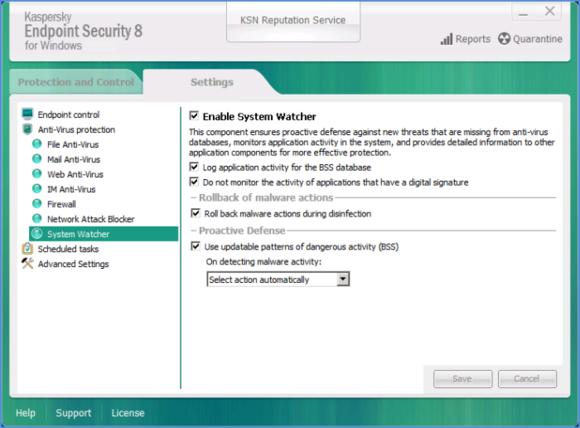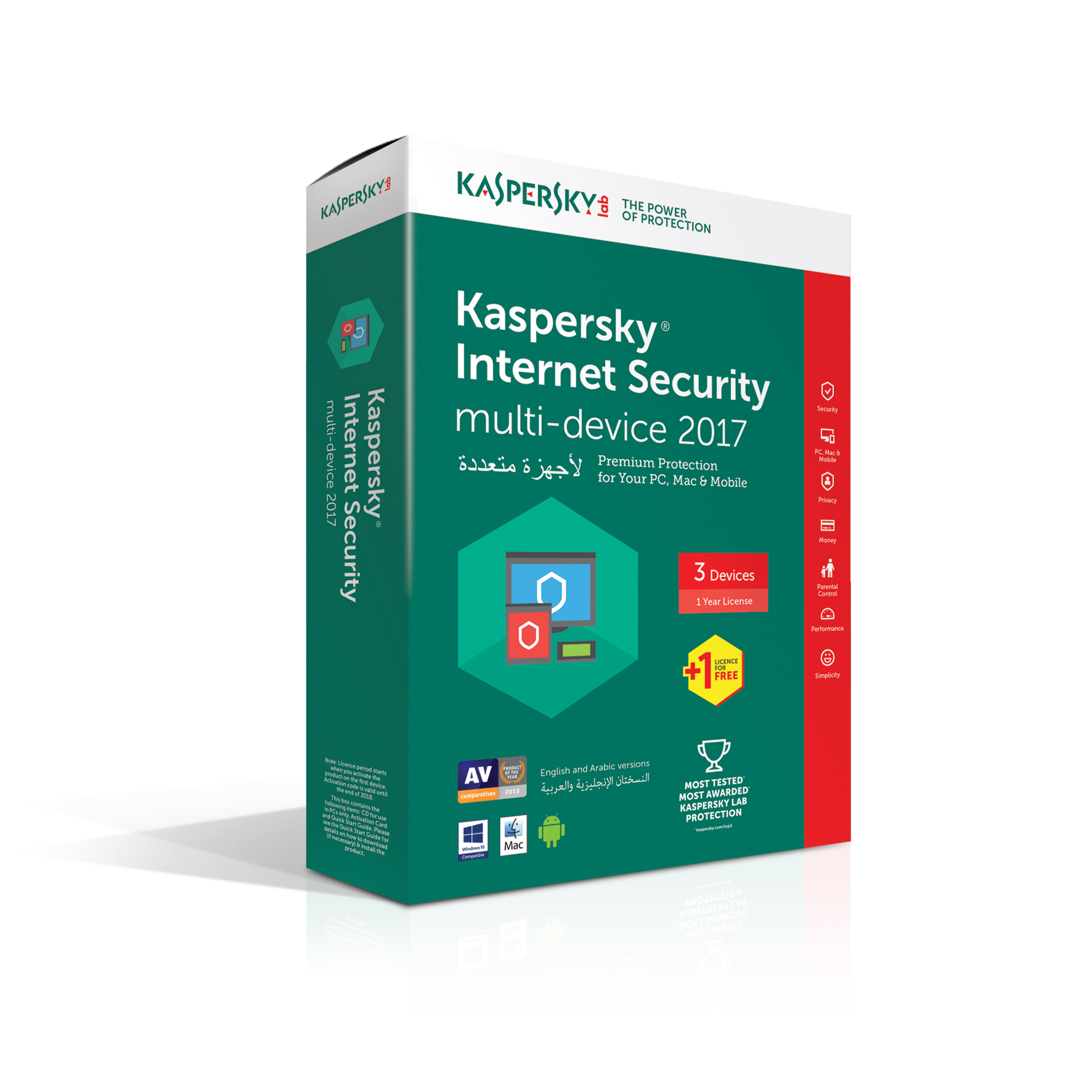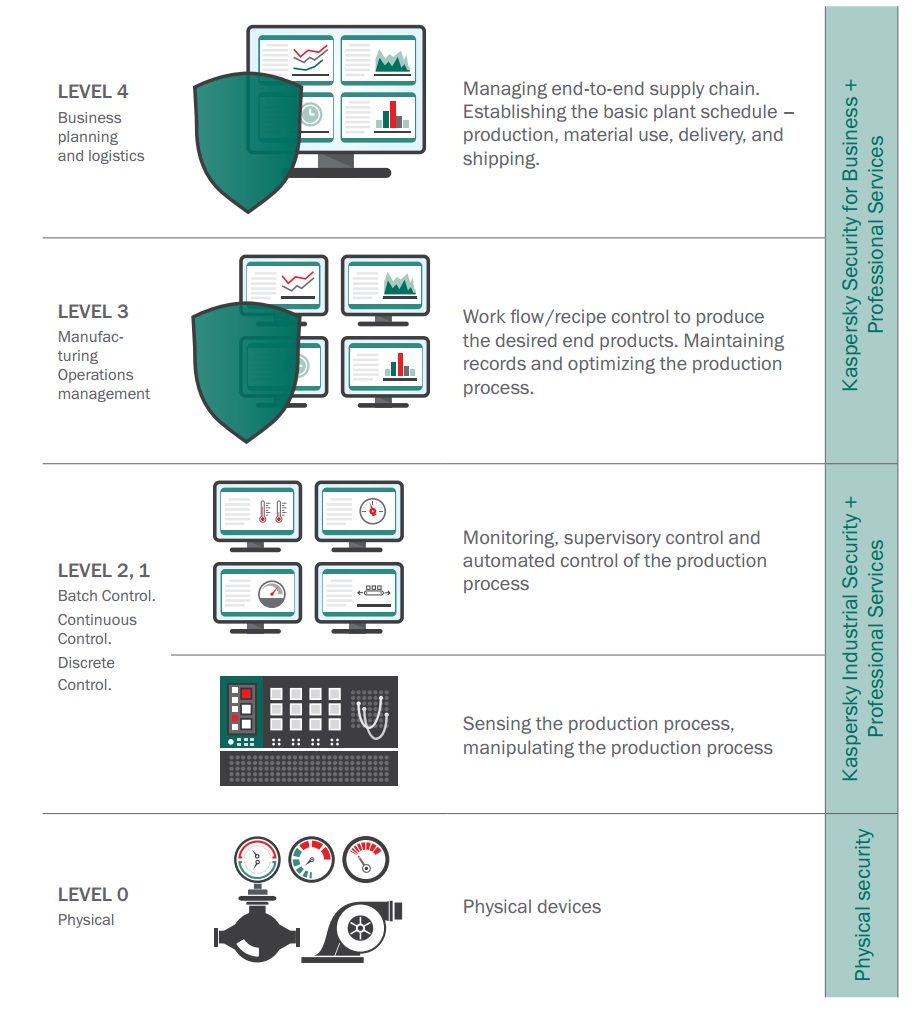

Ignore messages asking to disable security systems for office or cybersecurity software.Some of them may contain critical security issue fixes Create strong and unique passwords, including a mix of lower-case and upper-case letters, numbers, and punctuation, as well as activate two-factor authentication.Do not click on any links from unknown sources or suspicious online advertisements.


Moreover, based on the data gathered by Kaspersky, the majority of phishing pages were hosted in the. Sometimes, it is difficult to recognise what is genuine and what is a phishing attempt.

In most cases, when a malicious document is opened, the trojan is loaded. The company further elaborated that the malicious mailing that Malaysian users received were disguised as business correspondence, whereby cybercriminals will try to convince them that the content is business-related information, like commercial offers or invoice or bank transfer slips. Furthermore, the number almost reached 3 per cent in 2022 compared to the 2.62 per cent recorded in 2021. In a press release, Kaspersky shared that last year, the most triggers in Malaysia were recorded in March, May and June.


 0 kommentar(er)
0 kommentar(er)
